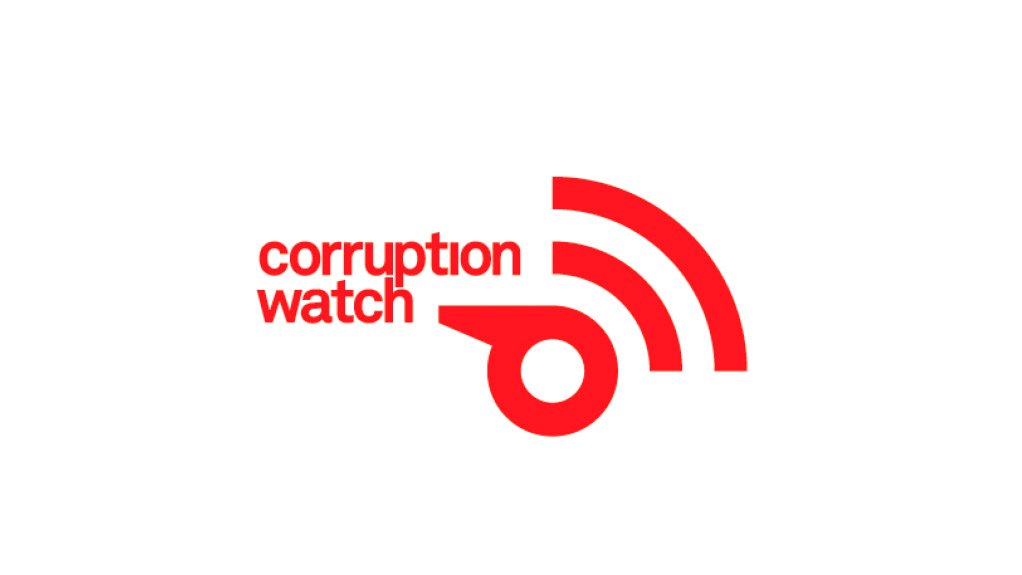/ MEDIA STATEMENT / The content on this page is not written by Polity.org.za, but is supplied by third parties. This content does not constitute news reporting by Polity.org.za.
Former Transnet GCEOs Brian Molefe and Siyabonga Gama, along with former GCFO Anoj Singh and one-time board chairperson Iqbal Sharma were found by the state capture commission to have been instrumental in the capture of the parastatal. This was in the period between 2011, when Molefe took office, and 2018, when Gama resigned, having succeeded Molefe in 2015 when the latter moved to Eskom.
Commission chairperson, Acting Chief Justice Raymond Zondo, has recommended that all four be investigated and potentially prosecuted for corruption for their part in a number of transgressions in the high value tenders that Transnet undertook in the period in question.
Molefe and Singh, according to the just-released second report of the commission, oversaw a major change in the delegations of authority and procurement frameworks of Transnet, and did so deliberately to keep certain powers within their grasp. The practice of confinements was particularly abused during their term, and enabled the exclusion of officials who would otherwise participate in the many facets of the procurement process.
“The capturing of Transnet involved the restructuring of governance and weakening of internal controls. In particular, the centralisation of approval authority at the level of the board and senior management in the hands of a few executives had the effect of shielding procurement processes from the scrutiny of a wider group of Transnet officials who could have detected and reported irregularities,” writes Zondo.
“Corrupt procurement practices were sustained by bringing approval authority or high-value tenders under centralised control and the weakening of the internal controls designed to prevent corruption. Collusion between individuals inside and outside of Transnet, as part of a co-ordinated effort to access and re-direct funds and benefits in substantial procurements, resulted in the strategic positioning of particular individuals in positions of authority.”
Significantly, the report notes, contracts that should have been the subject of review processes by Transnet’s governance unit on the basis that they were confined to only certain suppliers, yet were of high value, were not necessarily put through the stringent processes regulated by internal policy.
“A rule of practice existed that key procurement documents such as requests for proposals, confinements, condonations and variations had to be reviewed by Group Governance at Transnet to assess compliance with the regulatory framework before sign-off.
“This practice came not to be observed and contracts of substantial value, tainted with corruption, were included, usually through the process of confinement … rather than open tender, without prior scrutiny and review by procurement specialists within Transnet.”
The inappropriate use of confinements, emergency procurement and contract variations also aided corruption at Transnet, Zondo writes further. “Deviations from the open bid process helped to facilitate capture. The procurement mechanism that applies by default within Transnet is the open-tender process. Confinements are a deviation from the general rule of open tenders.”
By side-lining competent units within Transnet such as its treasury, the senior executives made way for the entry of external advisory services such as those procured from McKinsey, Regiments and later Trillian. The consequence of this is that the fees derived from contracts related to Transnet’s locomotives procurement processes were “shared with companies established and controlled by Mr Salim Essa, an associate of the Gupta family, and laundered to the Gupta enterprise.”
Essa is among those recommended for further investigation by Zondo for his part in what the report characterises as a kickback scheme.
Issued by Corruption Watch
EMAIL THIS ARTICLE SAVE THIS ARTICLE ARTICLE ENQUIRY
To subscribe email subscriptions@creamermedia.co.za or click here
To advertise email advertising@creamermedia.co.za or click here











